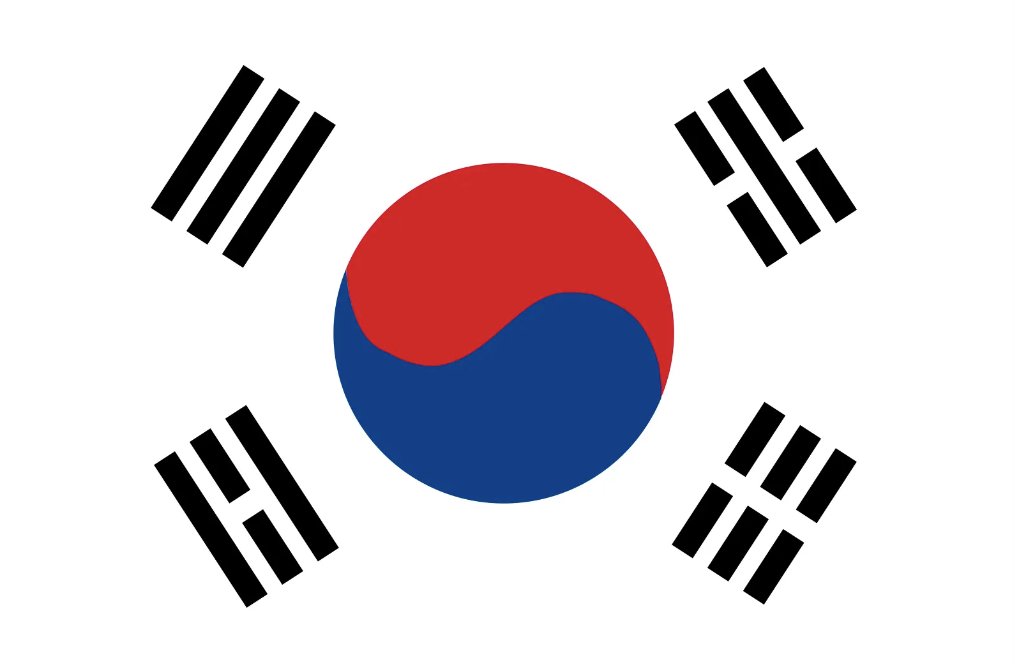
The Wonderful World of Korean Slang
When learning any language there are various stages of fluency, with one of the greatest markers being the proper use of slang. Often times the language you learn in a textbook may sound too formal or structured when compared to the vocabulary of a native speaker. Like most languages in the world, Korean has a plethora of slang. Here are some of the most common words and phrases that will help you speak like a native speaker in no time!
- 대박 [Daebak] – Awesome
We are positive that you have heard of this popular slang at least once before if you’re studying Korean. 대박 is an incredibly useful word for any emotional outburst of excitement or joy! The word originally comes from the word great/successful 대박나다 [daebagnada].
Korean: 이수업은대박!
Pronunciation: iuseob-eundaebag
English: This class is awesome!
- 밀당 [Mildang] – Playing games
밀당 means something along the lines of playing games or push & pull, but this in no way means literally pushing and pulling or playing a game. This means more like the games that people play within relationships that may upset another. You may say, if you don’t stop 밀당’ing, I am going to break up with you.
Korean: 난 밀당하는게 싫어
Pronunciation: nan mildanghaneunge silh-eo
English: I hate playing games
- 남사친 [Namsachin] – A guy who is “just a friend”
남사친 is a bit of a mashup for slang, being made of several words. 남 [nam] meaning man, 사 [sa] comes from the term 사람 [saram] which means person. And finally, there is 친 [chin] which is a shortened form of the word friend, 친구 [chingu].
Korean: 아 그냥 남사친이야
Pronunciation: a geunyang namsachin-iya
English: Oh he’s “just a friend”
- 댓츠노노 [Daetcheunono] – That’s a no
This is one of the best introductions to the beautiful world of Konglish. Konglish is the mix of Korean and English, almost like Spanglish. This phrase originates from a popular show and is used to disagree with someone. Where you would say “no”, try using this phrase instead, it will be sure to make your Korean friends laugh!
Korean: 버거 먹을래? 댓츠노노
Pronunciation: beogeo meog-eullae? daetcheunono
English: Would you like a burger? That’s a no
- 솔까말 [Solkkamal] – To speak openly
Like much Korean slang, 솔까말 is short for 솔직히 까놓고 말하다 [soljiki kkanoko malhada] which means the same as the slang, to speak frankly. When you want to have an open conversation with someone or want someone to just tell you something straight, you would use 솔까말.
Korean: 솔까말 너 정말 짜증나
Pronunciation: solkkamal neo jeongmal jjajeungna
English: Honestly, you are really annoying
- 만렙 [Mallep] – Level 10,000
This phrase is used to describe someone who is really good at or a master of something. It is almost like they have reached the maximum level in a video game, hence the level of 10,000. But this is not video game specific, it could be about someone studying, weightlifting, sports, etc. 만렙 is a combination of 만 (man | 10,000) & 레벨 (rebel | level)
Korean: 넌 정말 수학에 있어서는 만렙이다
Pronunciation: neon jeongmal suhag-e iss-eoseoneun manleb-ida
English: You are really good at math
- 엄친아 [Eomchina] – Someone who is good at everything
This creative slang is short for the phrase 엄마친구의 아들 [eommachinguui adeul] which literally means my mom’s friend’s son, but it is more thought of as the perfect child. This is an interesting cultural note as this phrase originates from Korean parents talking to their children about how someone’s child is doing well in some aspects, like school, jobs, relationships, etc.
Korean: 걔는 완전 엄친아야
Pronunciation: gyaeneun wanjeon eomchin-aya
English: He must be so good at everything!
Conclusion
Of course, this is just a taste of the amazing world of colorful Korean slang, and there are still so many more we could talk about. Slang is essential for integrating your speech into a more colloquial form and shows that you have a mastery of the language. At LanguageBird, our teachers are trained to teach you how to speak conversationally through our personalized, one-to-one, online language lessons. Be sure to use these words in your next Korean lesson, I am sure your Teacher will be quite impressed!



